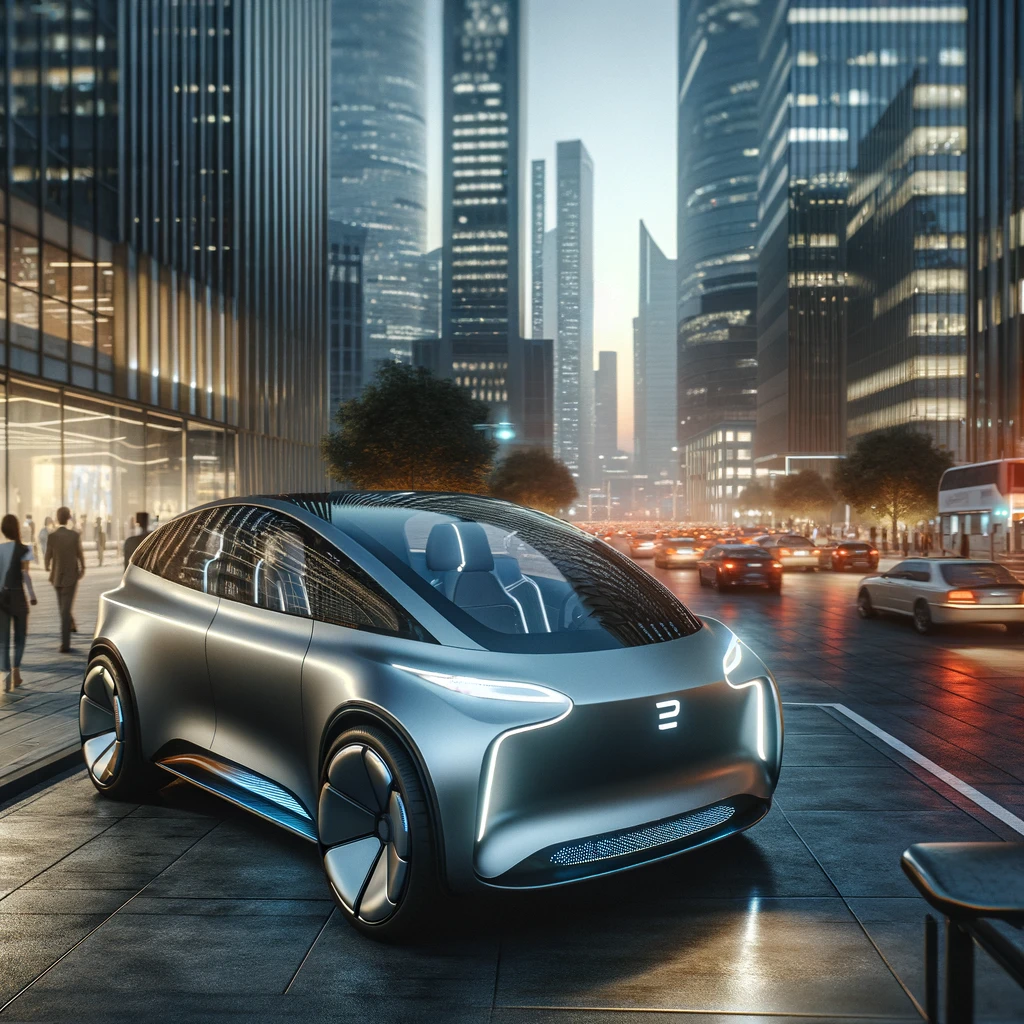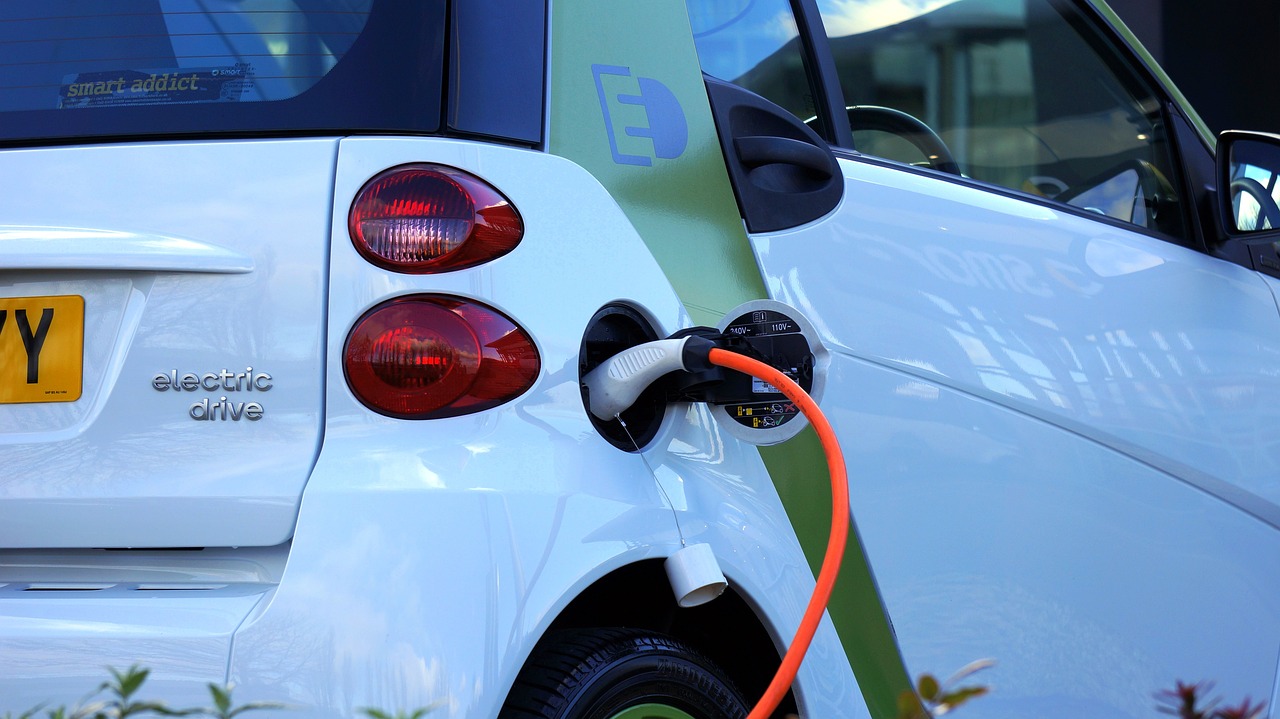The rise of electric vehicles (EVs) is more than just a shift in automotive technology; it encapsulates a movement towards sustainability and corporate responsibility. As EVs continue to surge in popularity, the emphasis on environmental stewardship is becoming an integral part of branding strategies. Companies are not merely selling cars; they are marketing a vision of a cleaner, greener future.
Integrating Sustainability into Brand Identity
Creating a cohesive and compelling brand identity is crucial. For EV manufacturers, this goes beyond logo design and colour schemes. It involves infusing the core values of sustainability into every aspect of the brand, from the supply chain to the showroom. With global awareness of environmental issues on the rise, consumers are looking for brands that align with their values. EV companies are responding by embedding green practices into their DNA, ensuring that every touchpoint communicates their commitment to the planet.

Electric vehicle brands that prioritise eco-friendly materials, ethical labor practices, and renewable energy in their production processes are leading by example. They’re not only developing zero-emission vehicles but are also striving to reduce their carbon footprint in manufacturing, packaging, and even the corporate workspace.
By embracing these practices, EV brands can appeal to the conscious consumer while setting new industry standards for sustainability.
The Marketing Shift: Educating Rather Than Selling
The traditional approach to car marketing often heavily relies on performance specs, luxury features, and price points. However, EV brands are taking a different route.
They are engaging customers through education about the environmental benefits of electric mobility. This proactive approach does not simply tout the features of the vehicles; it informs and inspires potential buyers about the positive impact of switching to an electric car.
Transparency is key in this educational approach. Honest communication regarding the sustainability of the vehicles, including the sourcing of batteries and the longevity of the car, builds trust and credibility. By leading with the ‘why’ behind the product, EV brands are fostering a community of enthusiasts who are invested not just in a product, but in a cause.
Tackling Range Anxiety: A Test of Brand Trust
One significant hurdle for EV adoption has been range anxiety—the fear that an electric vehicle won’t have sufficient battery life to reach a destination. EV brands have had to counter this through innovative battery technology and extensive charging networks, but just as importantly, through branding strategies that reassure customers.
Promises made by an EV brand must be kept to maintain trust. Reliable performance and accessible charging solutions are crucial in convincing potential buyers that EVs can meet and exceed their mobility needs. Brands that successfully address these concerns can strengthen their reputation and lead the sector in market share.
Partnerships in Promoting Sustainable Mobility
Collaboration can be a powerful tool for amplifying the message of sustainability. Partnerships between EV brands and renewable energy companies, for example, highlight a shared vision for a sustainable future. Additionally, allying with governments and urban planners can accelerate the adoption of EVs by ensuring the necessary infrastructure is in place.
Partnerships also play a role in addressing the end-of-life cycle for EVs, particularly in battery disposal and recycling. By showing a proactive stance on managing environmental impacts, EV brands can further consolidate their commitment to sustainability and corporate responsibility.
Beyond Green: The Impact of CSR (Corporate Social Responsibility)
Sustainability is not just about environmental measures; it also encompasses corporate social responsibility (CSR). Progressive EV brands understand that CSR extends to the well-being of their employees, the communities they operate in, and the economy as a whole.

Investing in the local workforce, participating in community service, and fostering economic growth through innovation are facets of CSR that can enhance an EV brand’s image. A strong reputation in CSR can attract top talent, loyal customers, and even investors who are looking to support companies with a holistic approach to sustainability.
The Electric Horizon: What’s Next for EV Branding?
Looking to the future, EV brands will likely continue pushing the boundaries of what it means to be a responsible company. As battery technology advances and infrastructures improve, the potential for a fully sustainable transportation sector becomes more tangible. Leaders in the EV space will be those who not only talk the talk but also walk the walk when it comes to environmental and social governance.
In line with growing demands for corporate transparency and accountability, future branding efforts will likely focus even more on showcasing the tangible results of a company’s sustainability efforts. Storytelling will play a crucial part, with brands sharing the journeys of their products from the drawing board to the driveway, emphasizing the positive impacts at every stage.
Steering the Narrative: A Task for a Skilled Branding Agency
In such a dynamic and values-driven market, having a strategic partner to steer the brand narrative is invaluable. A proficient branding agency can help EV companies to differentiate themselves in a crowded market and to speak authentically to their audience. By creating compelling content, designing meaningful experiences, and communicating the core values consistently, an agency can ensure that an EV brand’s message of sustainability and responsibility resonates with consumers.
As the automotive industry accelerates towards a cleaner future, establishing a brand that exudes sustainability and corporate responsibility has become imperative. EV companies are at the forefront of this transformation, shaping their identities to resonate with a public that demands environmental consideration alongside innovation. It’s a complex journey, requiring careful crafting of brand identities, transparent marketing, savvy partnerships, and a genuine commitment to CSR. Yet, those who navigate these waters successfully are poised to redefine mobility and lead us into an era of sustainable transportation, hand in hand with partners like branding agencies, determined to make a positive mark on the world.




